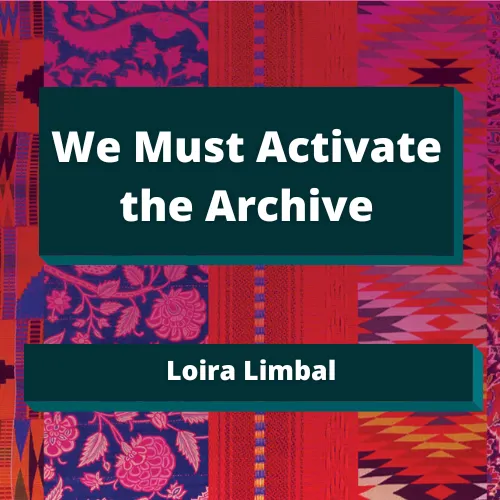Minding the Gaps: How CPB's Closure Fragments the U.S. Documentary Ecosystem
With the defunding and impending closure of the Corporation for Public Broadcasting, independent documentaries have become the latest targets of the Trump Republican Party’s relentless attacks on local economies, small businesses, and public information. In the short term, many documentaries in production have been affected, either left unfunded or adrift in terms of their future distribution. In the long term, as early-career filmmaker Rebecca Zweig notes, “we’re going to be losing an entire generation of films.”
Since 1967, the Corporation for Public Broadcasting was the largest funder of public television across the U.S. According to its 2025 budget, CPB allotted US$268 million to PBS TV stations across the country, and another US$97 million in programming grants. While CPB money accounted for only 15% of PBS’s overall budget, the impact of its loss is already being felt by a wide range of entities that are a part of this complex ecosystem. Those outfits include independent media nonprofits, such as ITVS, American Documentary/POV, the organizations of the National Multicultural Media Alliance, and Firelight Media, as well as PBS stations, such as Boston’s GBH, a crucial platform for independent documentaries through its support for programming strands like American Experience and the wholly separate network WORLD Channel.
[....]
“We Have to Look for a New Funding Model”
Black Public Media, which received a little more than 50% of its budget directly from the CPB, has recently launched a grassroots campaign on its website to make up for its $1.8 million shortfall. “We’re trying to get 1.8 million people to donate $5, which would be enough to sustain us for the next couple of years, grow our production fund, and protect us from the political winds,” says BPM Executive Director Leslie Fields-Cruz. Previously, BPM was able to annually fund 14 projects, at amounts ranging from $50,000 to $150,000. “Now,” she says, “we’re just figuring out how to give one project $150,000.”
Black Public Media, a member of the National Multicultural Alliance, is also pausing its long-running WORLD Channel show AfroPoP because the acquisition budget was directly tied to CPB funding, according to Fields-Cruz.
Firelight Media President and CEO Loira Limbal is similarly unsure about the fate of two of their CPB-funded documentary short film series: “In the Making,” produced in partnership with American Masters, and “Homegrown,” produced in partnership with PBS and PBS Digital Studios. “They are under threat of not being able to continue,” she says. “So much of the national programming in terms of independent documentary films, whether long or short form, was supported by CPB either directly or indirectly, so the cascading effects of CPB shutting down are catastrophic.”
For Firelight Media, a nonprofit support organization that received 35% of its funding from the CPB, it is also going to be a struggle to keep its flagship CPB-funded Documentary Lab afloat. “I’m working overtime to raise money to fill that gap,” she says. “In the meantime, we’re going to be doing everything we can in terms of admin and overhead so we can keep these crucial offerings, because now is the time that they’re most needed. The filmmakers of color we support are the most directly under attack at this moment. We have to cut and collaborate where we can."
[...]
Firelight Films’ Stanley Nelson, the Oscar-nominated director of Attica (2021), says, “We have to look for a new funding model, and I don’t know what that would be.” Nelson and others point to the fact that the money federal funding agencies such as the NEA, PBS, and CPB provided has been crucial to getting projects off the ground for decades. “Even though they didn’t fund the whole production, they provided a solid bedrock,” he explains. “You could say, ‘I have half the money and now I can get the other half later.’ But if you take that first half out and you’re starting from zero, I don’t know how productions will get made.”
“I’m not sure if we’ll be around in 2027,” Nelson says of Firelight Films, which is the for-profit production sister division to Firelight Media. He says a few projects currently in production will carry the company for a couple years, “but I’m not sure how we go forward.” Nelson admits this also has to do with his age. “I’m in my 70s, in my retirement years anyway, and I just don’t know if I want to deal with all the hassle.”

.png)
.png)


STAY CONNECTED









